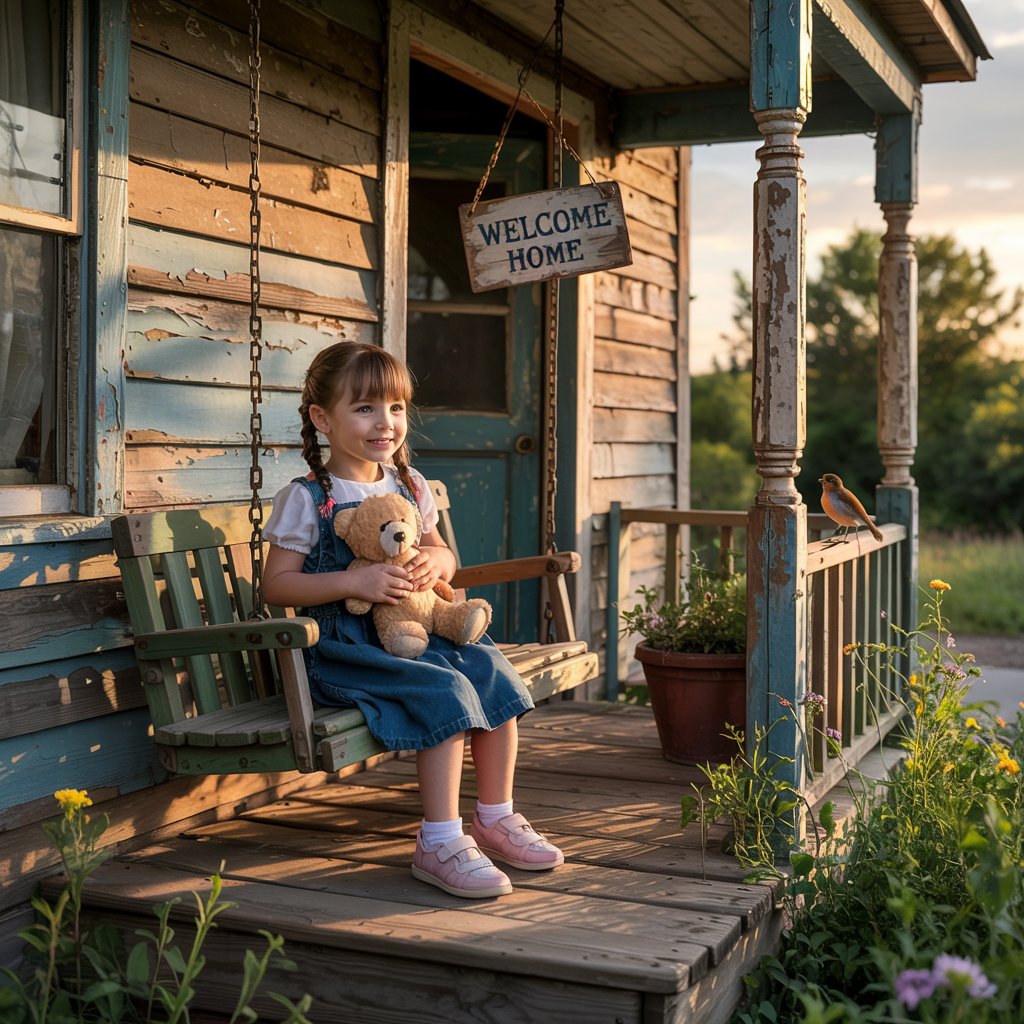Behind every young person facing hardship, there is often a dedicated adult working quietly in the background to support, guide, and uplift them. In Ravensbourne, a rural gem in Queensland’s Toowoomba Region, that role is often filled by residential youth workers — compassionate, skilled individuals who provide round-the-clock care for young people who can’t live at home.
Residential youth work is more than just a job; it’s a calling. It blends social care, emotional support, and real-world mentoring — and in close-knit communities like Ravensbourne, it’s a critical role that can change the direction of a young person’s life.
What Is a Residential Youth Worker?
A residential youth worker provides support and supervision for children and adolescents living in residential care homes. These homes are designed for young people who are unable to live with family or in foster care, often due to complex trauma or behavioral needs.
Unlike traditional childcare or teaching roles, residential youth work is deeply immersive. Workers often live alongside young residents in rotating shifts, helping with daily routines like meals, schoolwork, personal development, and conflict resolution — all while offering consistent emotional support.
Responsibilities of Youth Workers in Ravensbourne
In rural communities such as Ravensbourne, youth workers wear many hats. Their responsibilities may include:
- Creating a Safe and Supportive Environment
- Helping young people feel secure, respected, and cared for.
- Daily Life Skills Coaching
- Assisting with cooking, cleaning, budgeting, personal hygiene, and job preparation.
- Building Trusting Relationships
- Acting as a positive role model and mentor, especially for those who’ve experienced instability.
- Supporting Educational and Emotional Development
- Encouraging school attendance, managing behavioral challenges, and coordinating mental health support when needed.
- Working Within a Therapeutic Framework
- Many residential youth homes use trauma-informed practices and psychological models such as Therapeutic Crisis Intervention (TCI) to support healing.
Why Ravensbourne?
Ravensbourne offers a peaceful, natural setting — an ideal backdrop for recovery, reflection, and growth. The calming environment helps young people disengage from high-stress urban cycles and reconnect with themselves and their potential.
Residential youth workers in Ravensbourne often find their work especially meaningful because the community itself plays a role in the healing process. Local schools, services, and neighbors are part of the wraparound care that helps these young people stabilize and move forward.
Who Can Become a Residential Youth Worker?
Residential youth workers come from many backgrounds, but they typically share these qualities:
- A deep sense of empathy and patience
- The ability to set firm, respectful boundaries
- Emotional resilience and maturity
- A willingness to work as part of a care team
Most roles require a Certificate IV or higher in Youth Work, Community Services, or a related field, along with practical training and clearance checks (like a Blue Card in Queensland).
Making an Impact, One Day at a Time
Whether helping a teenager through a tough school year or teaching life skills to a young adult transitioning out of care, residential youth workers make a lasting impact. In Ravensbourne, their work strengthens not just individuals — but the whole community.
If you’re passionate about working with young people and want a role that’s both challenging and deeply rewarding, residential youth work could be your next step.
Young people in Ravensbourne deserve stability, compassion, and someone who believes in them. As a residential youth worker, that someone could be you.
To explore job opportunities or training pathways, visit organizations like Foundations Care or speak to your local community services provider.






Comments